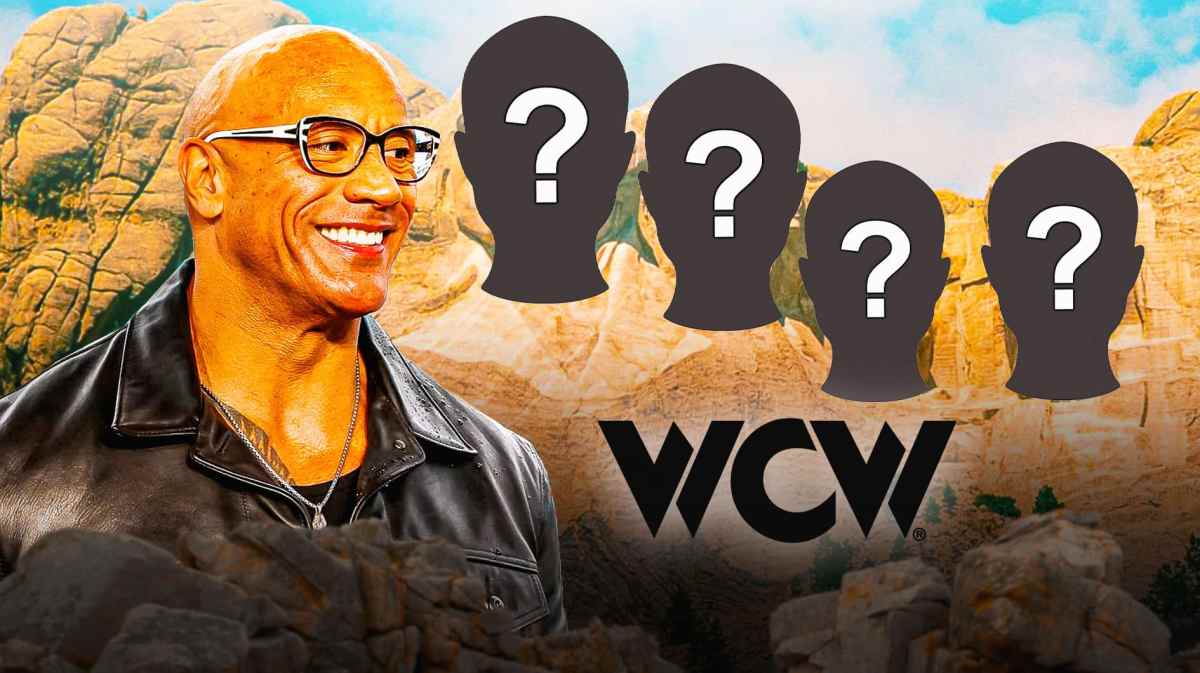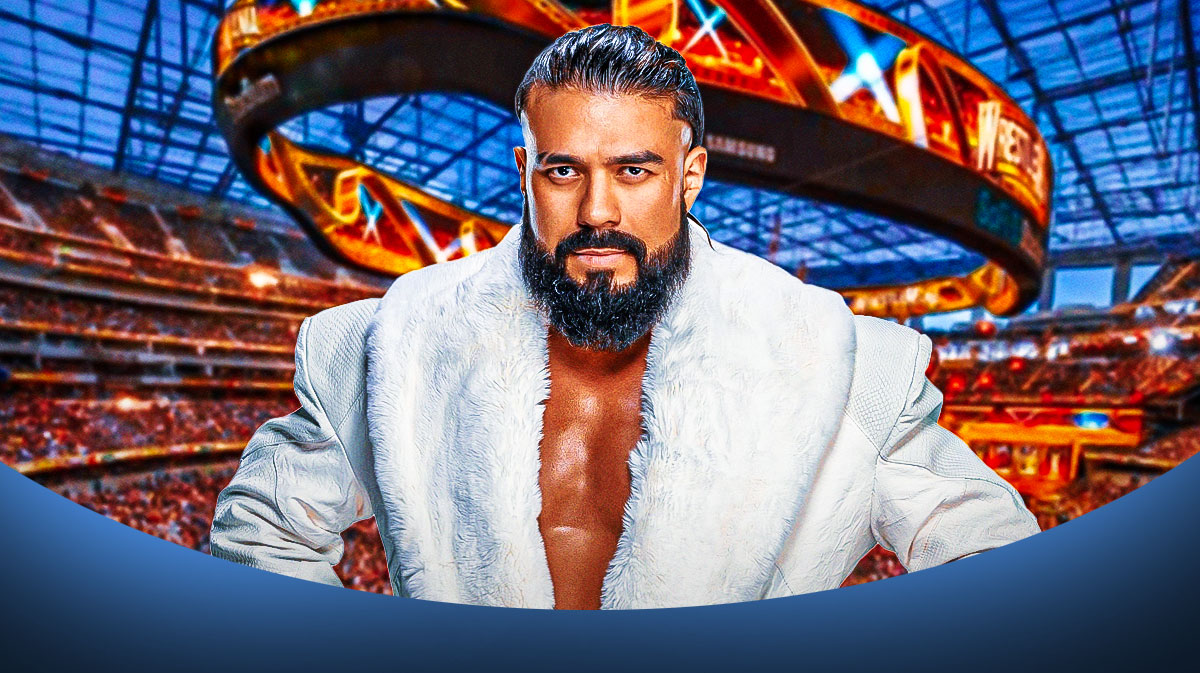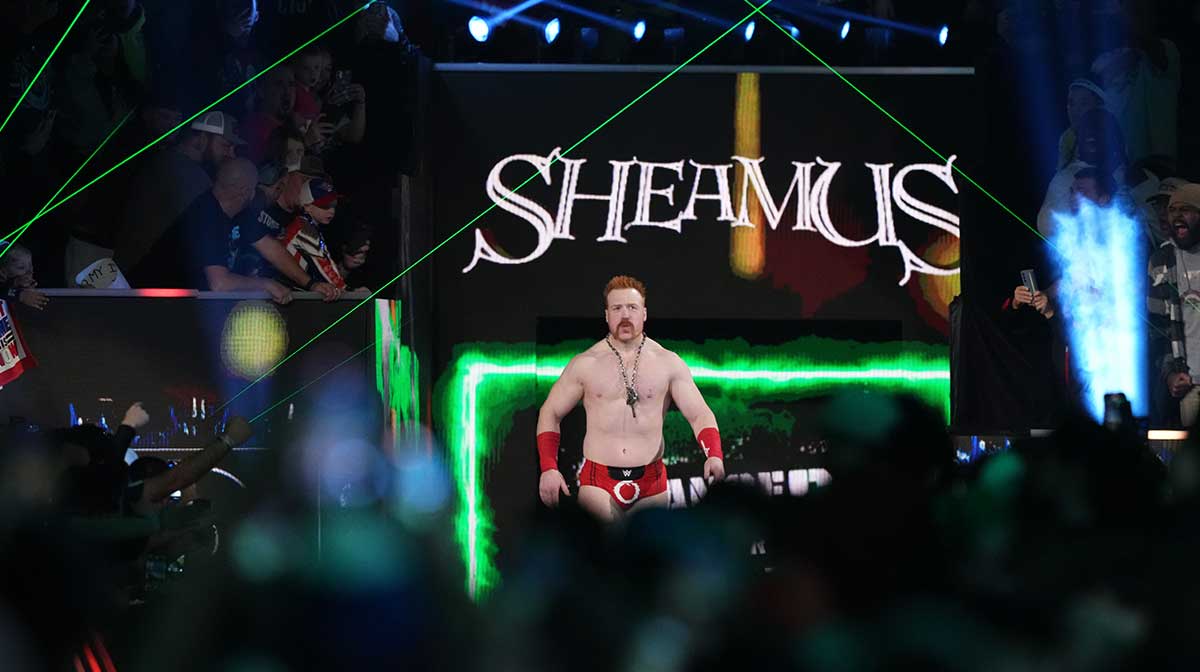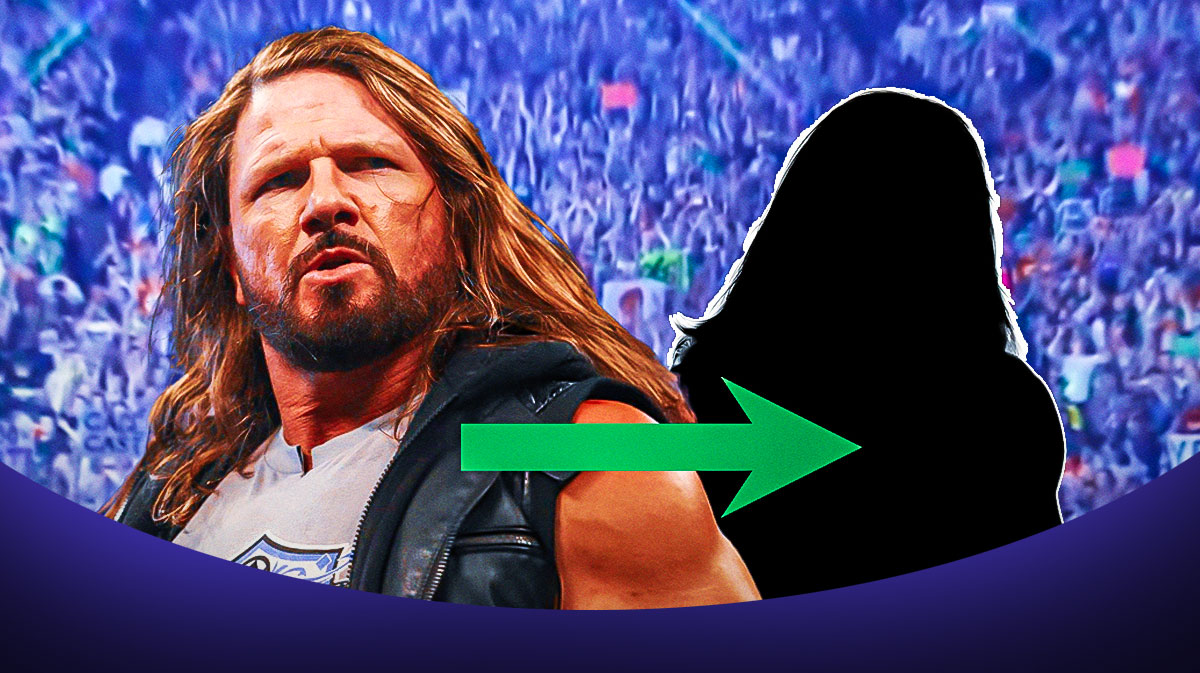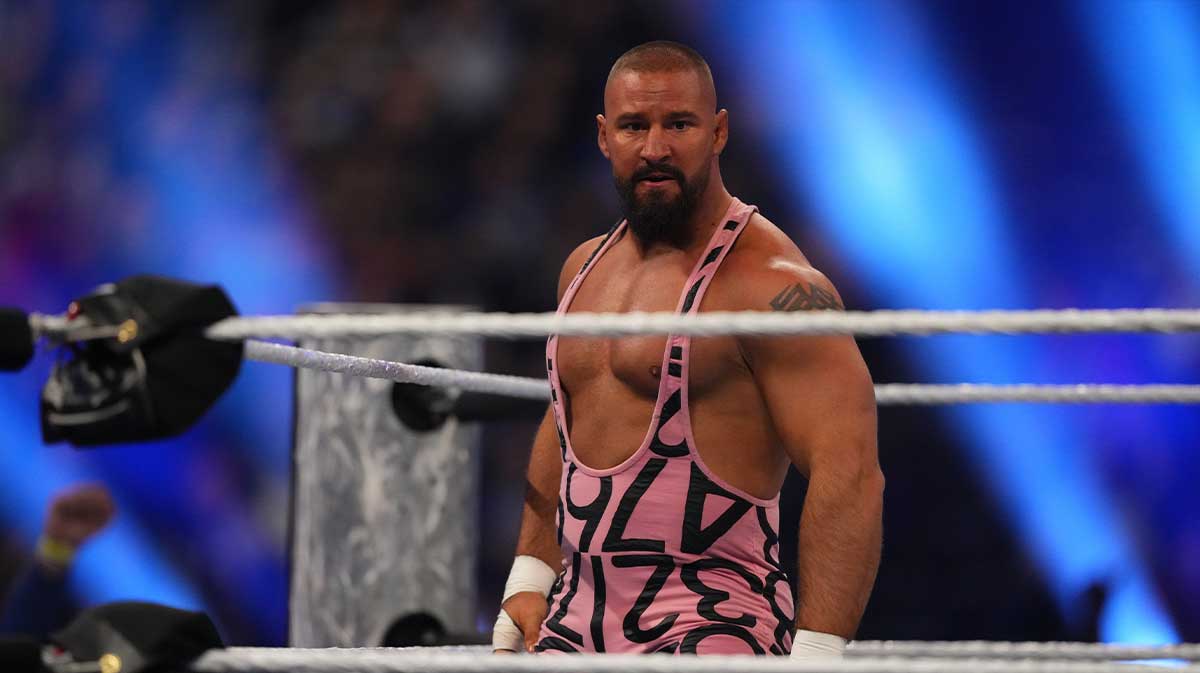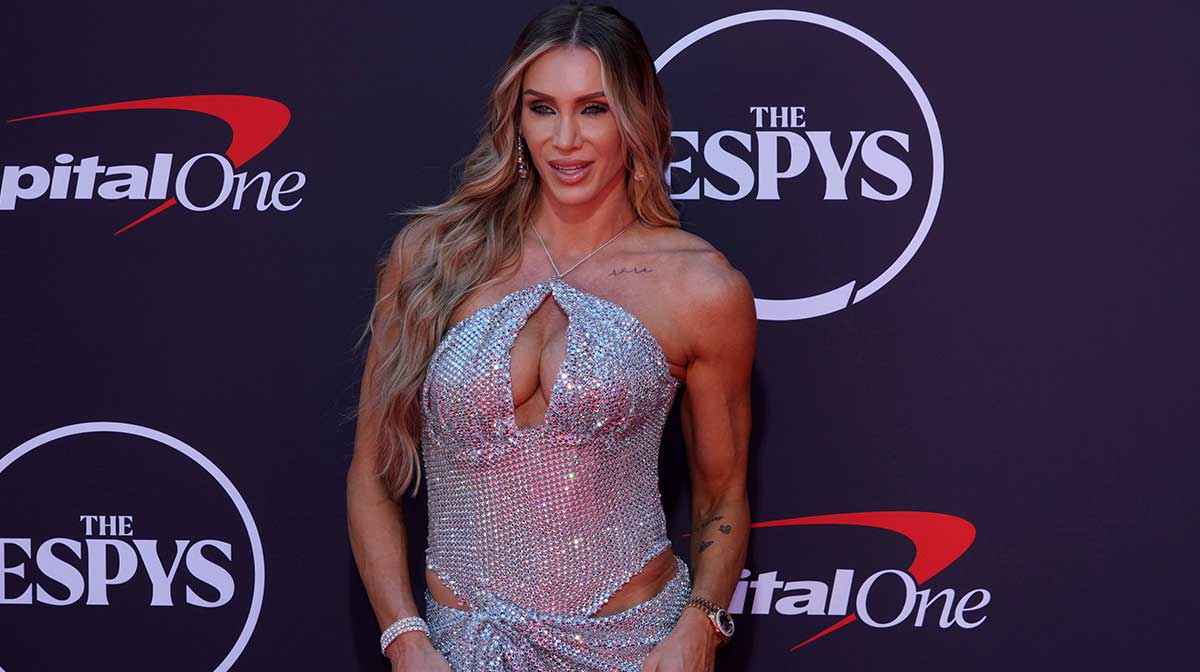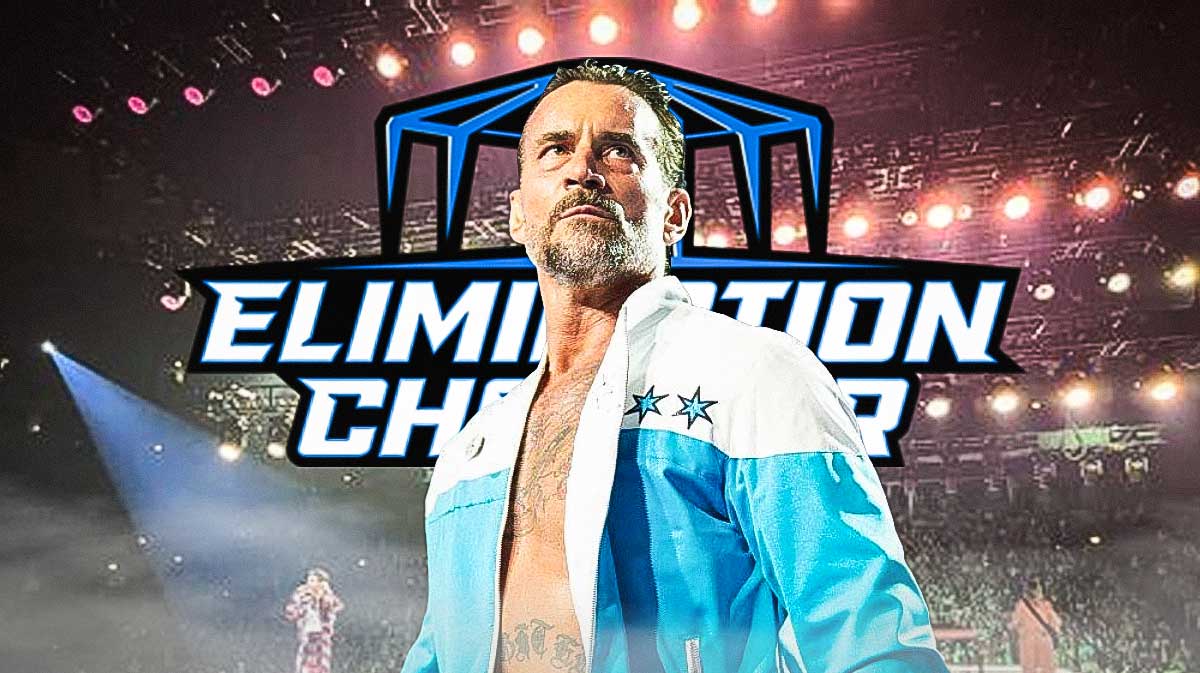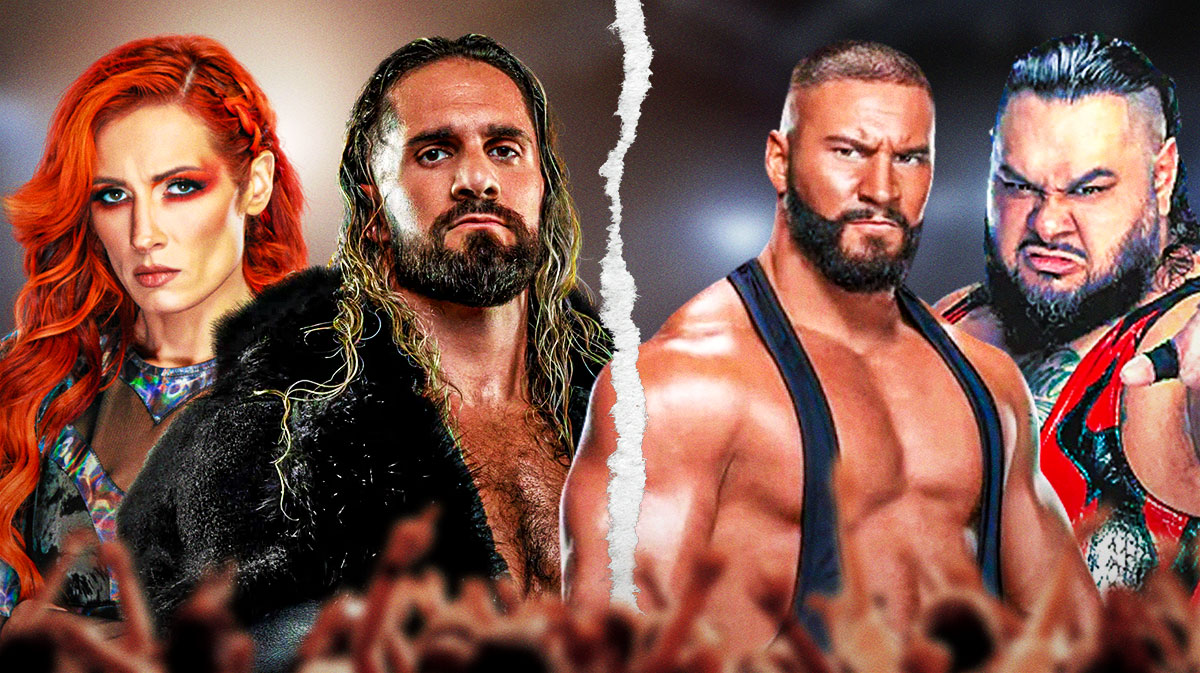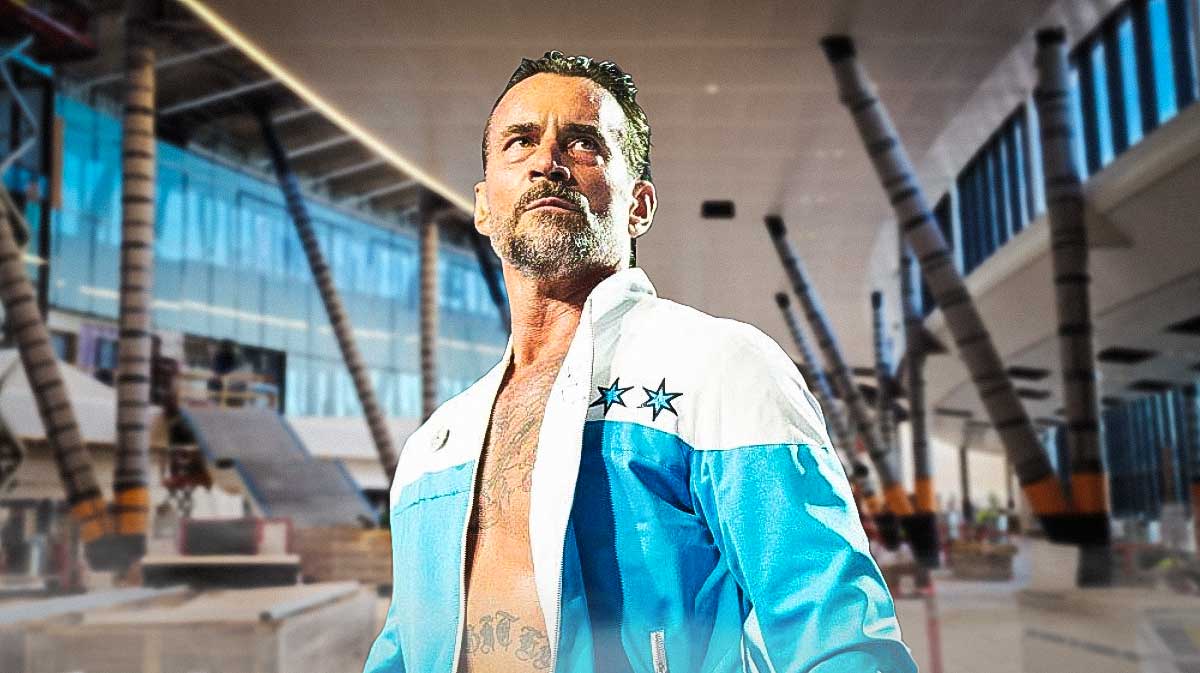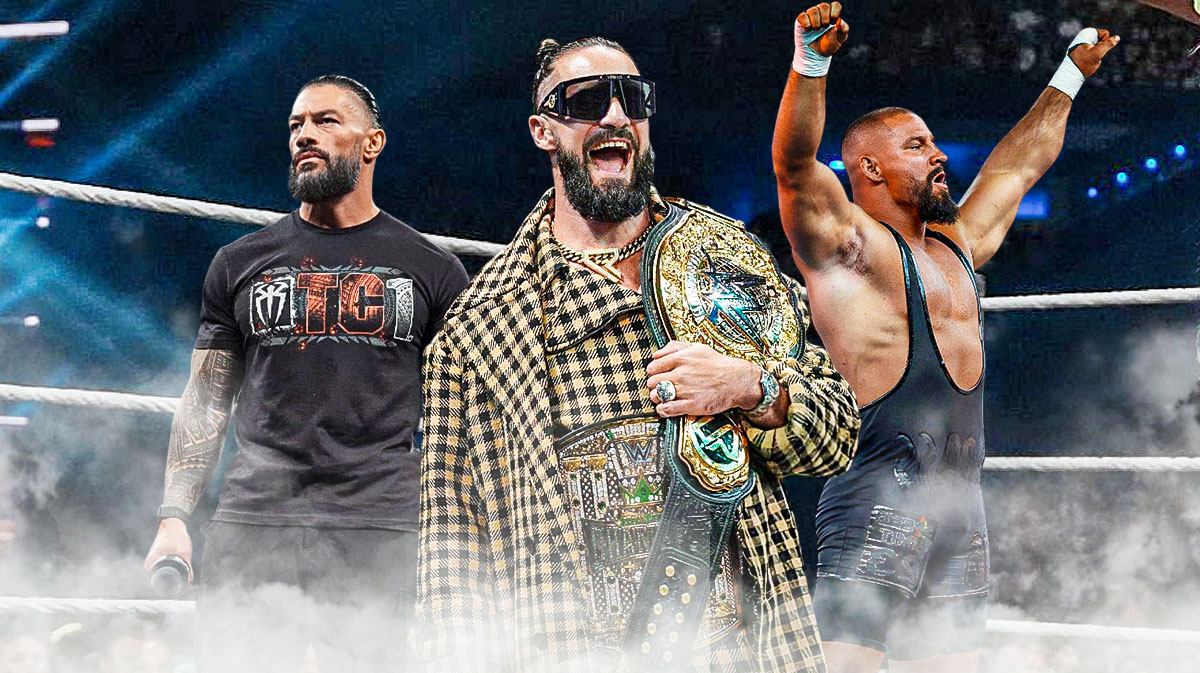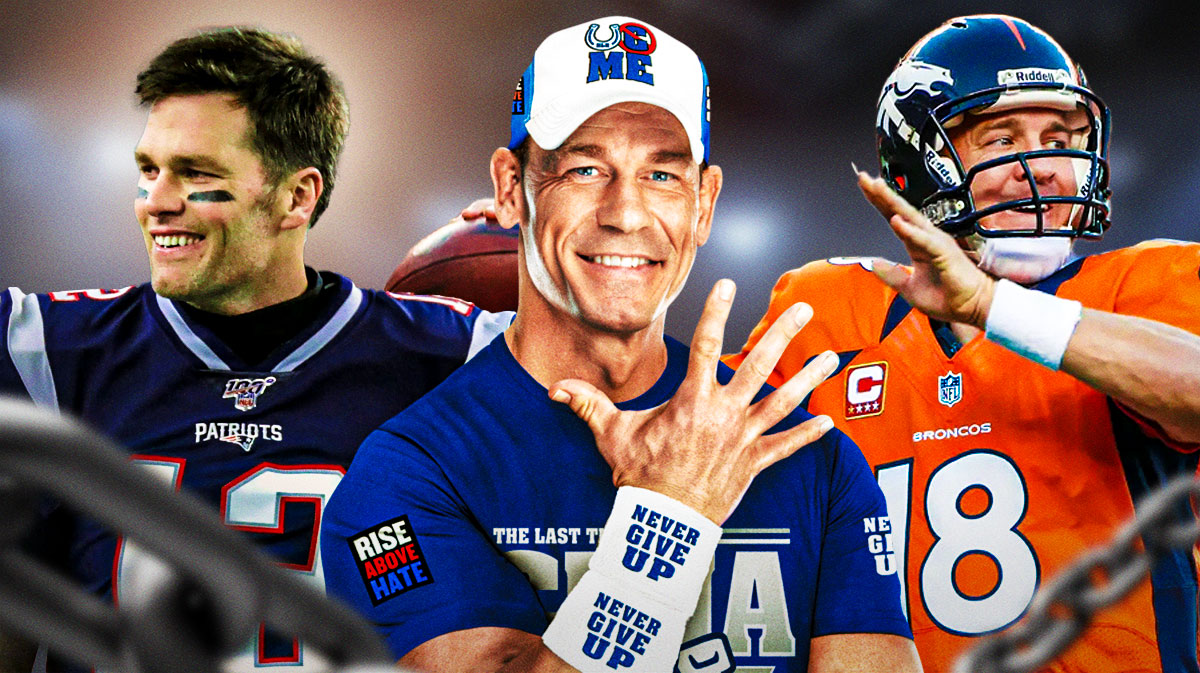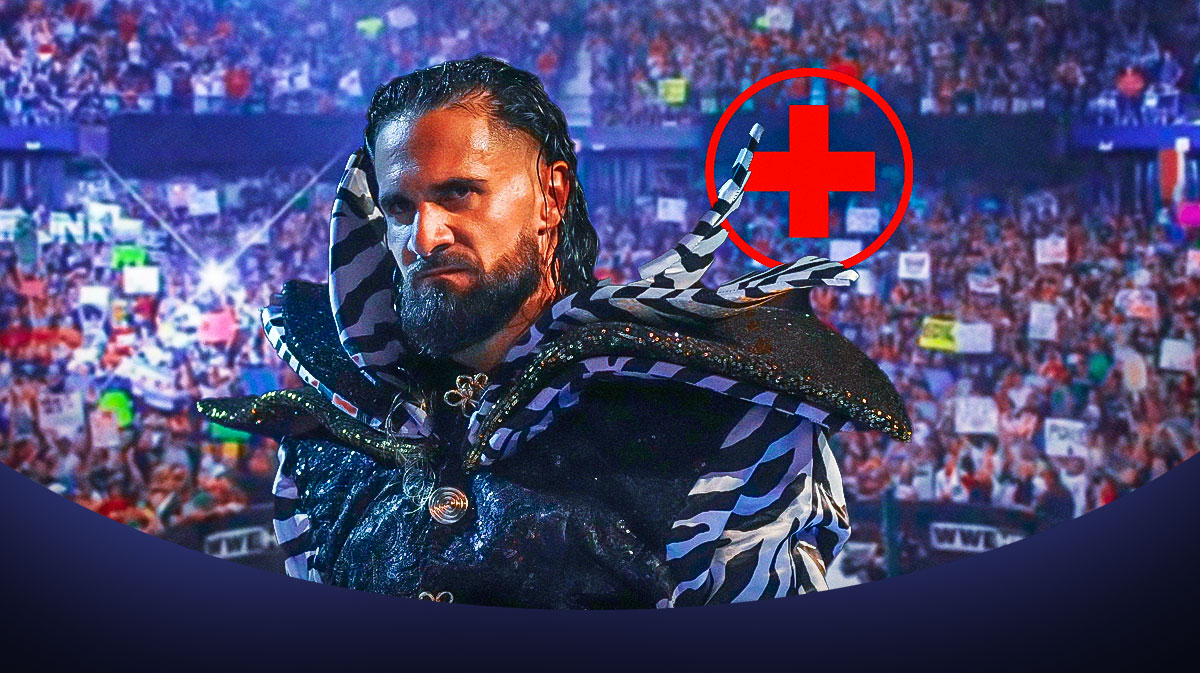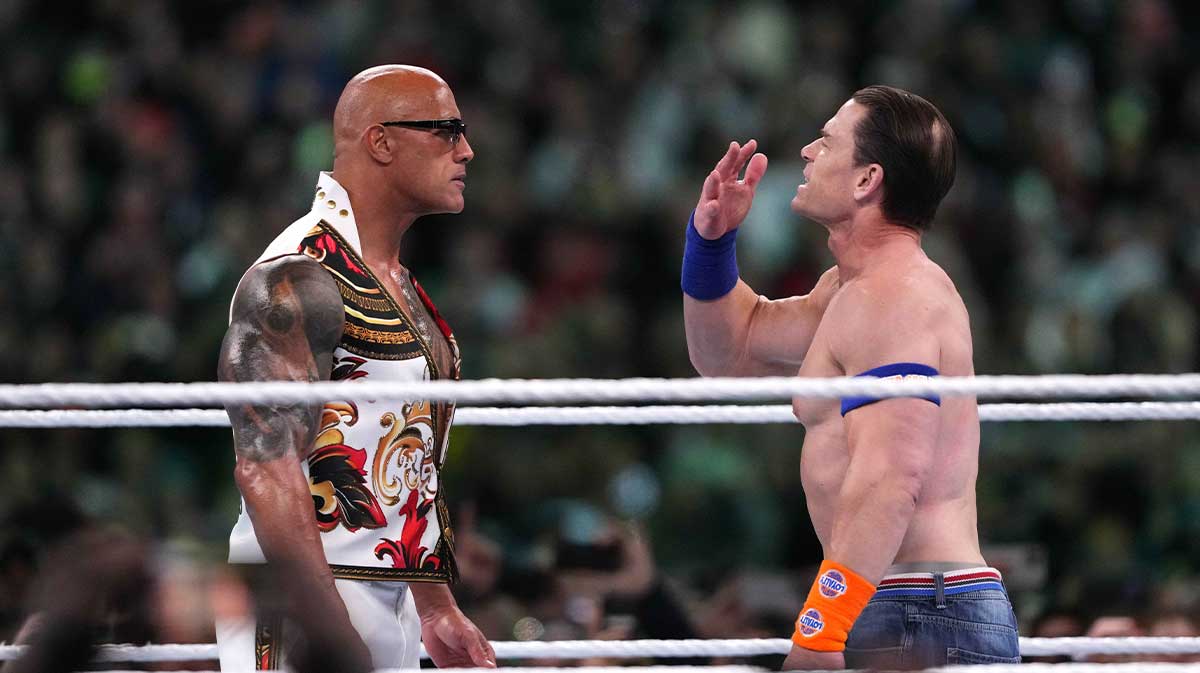As Dwayne “The Rock” Johnson and his Seven Bucks production company openly pondered the question Who Killed WCW? on their new Vice show, the “Final Boss” got a bit sentimental about the promotion, and even discussed which members of the company he would have liked to face when it ultimately folded and became part of the WWE umbrella.
A sort of Mount Rushmore of WCW, if you will, The Rock set his sights on these four opponents, even if one technically could have counted for about half of the Nitro roster when everything was said and done.
“I remember sitting down in my hotel room and writing down all the wrestlers who I had hoped to wrestle,” The Rock said on Who Killed WCW? via Fightful. “Goldberg, Sting, [Randy] Savage, everybody in the nWo. I remember writing everybody down and going to Vince and saying, ‘Hey, this might be a good idea. What about this guy and this guy, and this guy and this guy, let's bring them in.'”
Unfortunately for Rocky, he wasn't able to get in the ring with Savage post-WCW or with Sting ever, but he did get to work matches against Goldberg and the original nWo trio of Hollywood Hogan, Kevin Nash, and Scott Hall, in addition to other WCW stars like Booker T and Chris Jericho. In the end, even if he didn't appear in, let alone kill WCW, The Rock still got the experience one way or another.
Matt Camp trashes WWE, The Rock for pushing “family” amid releases.
Speaking of The Rock and his incredible schedule inside the ring and out, Matt Camp had some less than kind things to say about his own release from the WWE Universe, recalling how the company broke the news to him and attempted to restructure their media teams for “cost savings” despite making record profits.
“As everybody knows, or maybe you don't, because I have answered some tweets that don't understand that I don't work for WWE anymore, have not since early February. I was told by Michael Cole when that happened, and he was not the one who let me go. It was an HR representative,” Matt Camp explains on The Wrestling Matt via Fightful. “I was told it had nothing to do with anything I did. It was a cost-cutting measure, whatever you want to do call it, we're tightening the budget. I reached out to Michael Cole, and I said, ‘Hey, anything you can tell me?' He was basically, ‘Okay, I guess you heard,' and more changes coming to the team. I think McKenzie [Mitchell] had been let go a little bit before, Kevin Patrick would move on after that.”
Camp's resolution was correct; Mitchell was released shortly before he was, and Patrick followed close behind a few weeks later. Still, that isn't the interesting part. No, for Camp, what was very interesting was instead how he was treated by the company on his way out of the door, noting that he went from being part of the “family” to nothing at all.
“I was basically told more changes would be coming, and we have seen executives leave the company and wrestlers leave the company. Changes have been coming. I think we saw a writer leave the company over the weekend, at least it got announced that way. Let me tell you this, a lot of this news that trickles out, unless it comes from the people itself, it doesn't mean it happened right there and then. The story about me getting let go from WWE, that came out a week after it happened. I chose to keep quiet. It was my call. I was mentally shell-shocked at the time, but it came out a week after, and that's when I started to get the messages and all that stuff. That included from talent within the company. They didn't know. That's how I chose to handle it, and WWE did not put any announcement out, and I just disappeared. I disappeared off The Bump, I disappeared off the shows, they made no mention of it, which admittedly I thought was pretty s**tty,” Camp noted.
“I'm not asking for a future endeavors thing or anything like that. But that tells you what family means when you work for a company. It doesn't mean s**t. You're a number, and that's what I was. I understand that. But that whole family and ‘We're family,' it's total horse**it. I had, three weeks prior to my release, The Rock showed up at headquarters, tell me what a big family this this, and shaking hands and we're so happy to have you all aboard, and I went though these town hall meetings after a bunch of cuts happened, and it was very, ‘You're still here for a reason.' Then you're gone, and people get let go, and that's part of the business, I get that. But that whole family bulls**t, and Rock's like, ‘Let's take a picture with everybody in it because I want to show that I was here.' I'm in that picture, and then I'm not there a couple weeks later. It's all who's making the money. What's the bottom line? It's a business, I get that. I'm not mad about that. That happens, but people move on, and they go along.”
While The Rock had absolutely nothing to do with firing Camp, it is an interesting anecdote that highlights just how unusual the business structure WWE is attempting to build can be for people on the fringes who, unlike Dwayne Johnson, could truly be there one day and gone the next. Even if morale is much better now than it was a few years ago under Mr. McMahon, WWE is still a company and as a result, will care more about profits than people even when they are hitting record numbers with seemingly every show.

